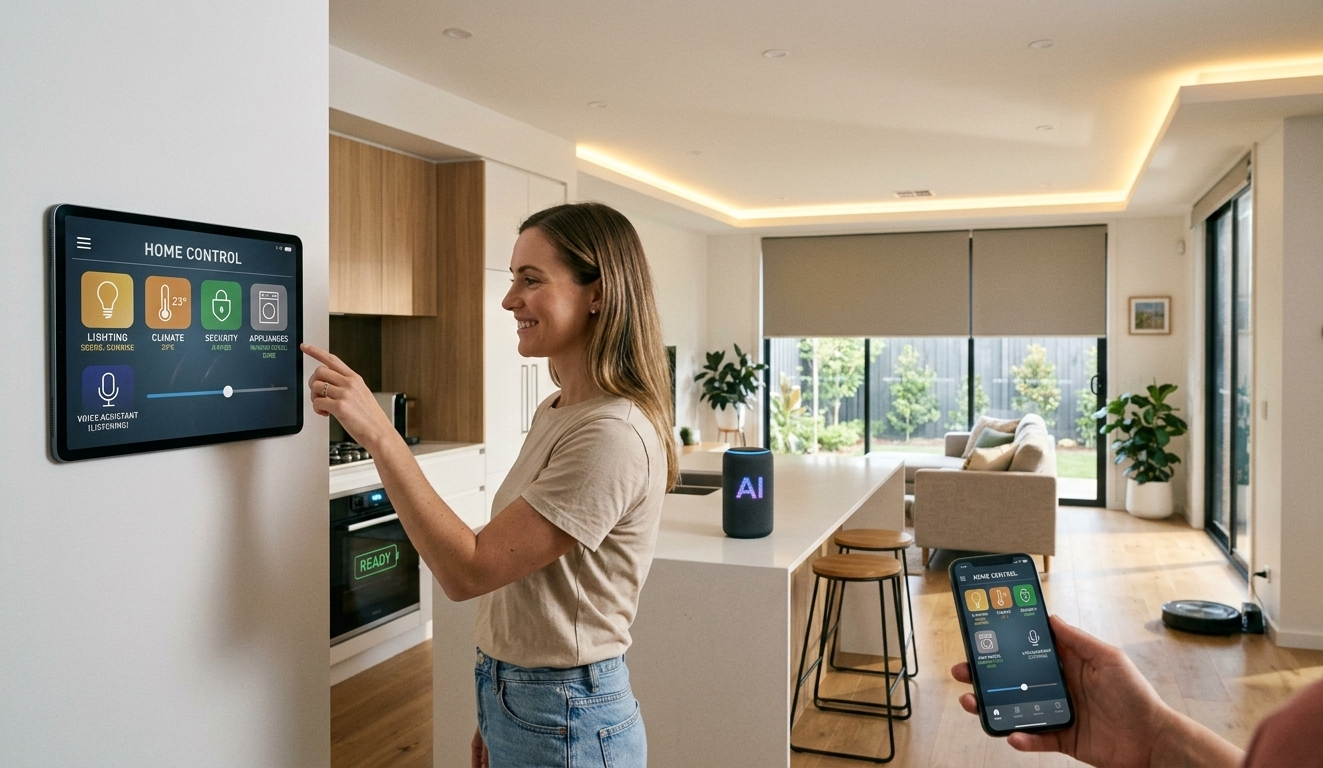Sleep Music
Relaxing Music To Get You Into Deep Sleep Faster
Sleep music can be applied to your sleep routine to help enter sleep state quicker, particularly beneficial for those experiencing sleep issues such as insomnia. Listening to soothing music as either white noise or for taking in the music itself before bed can trigger a variety of chemical reactions in the brain that contribute to relaxation and help you fall asleep faster. Versatile also as meditation music, study music or as baby sleep music, the benefits are positive.
Deep sleep music
Deep sleep music can have an effect on the sympathetic nervous system causing a positive effect on sleep via muscle relaxation and divert the mind from concerning thoughts, whilst also lowering the heart rate and slowing your breathing.
In a study focused on students, a significant improvement resulted following a routine of listening to relaxing music for 45 minutes, compared to 2 other groups of which included audio books and no music.
Sleep sounds should generally consist of soft and relaxing notes rather than upbeat. Calming music will assist with inducing a relaxed state by relaxing your muscles, calming you and help you destress from your day’s activities.
This composition of mostly piano music is ideal to use within your sleep routine consisting of soft soothing notes and calming sounds. The video also includes images that are calming and helps direct your thoughts back to the relaxing night scenes.
Or this great ensemble of relaxing music with a continuous flickering lantern to provide the right ambiance and mood for relaxation and sleep.
Music can have a profound effect on people, some of the effects include the following:
Influences the hormone serotonin (to help with sleep)
Relaxes and eases muscle tension
Lowers heart rate
Slows down breathing
Lowers blood pressure
Settles the nervous system
Reduces anxiety and stress
There is nothing to lose with adopting music within your sleep protocol, only better sleep to gain. For more tips, suggested reading is “How to Sleep Better At Night” which details other contributing factors and advice on what to implement based on a broader range of sleep related issues.











